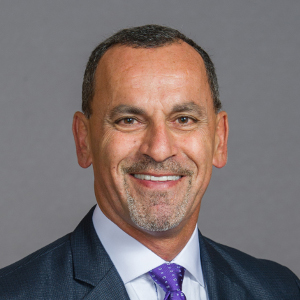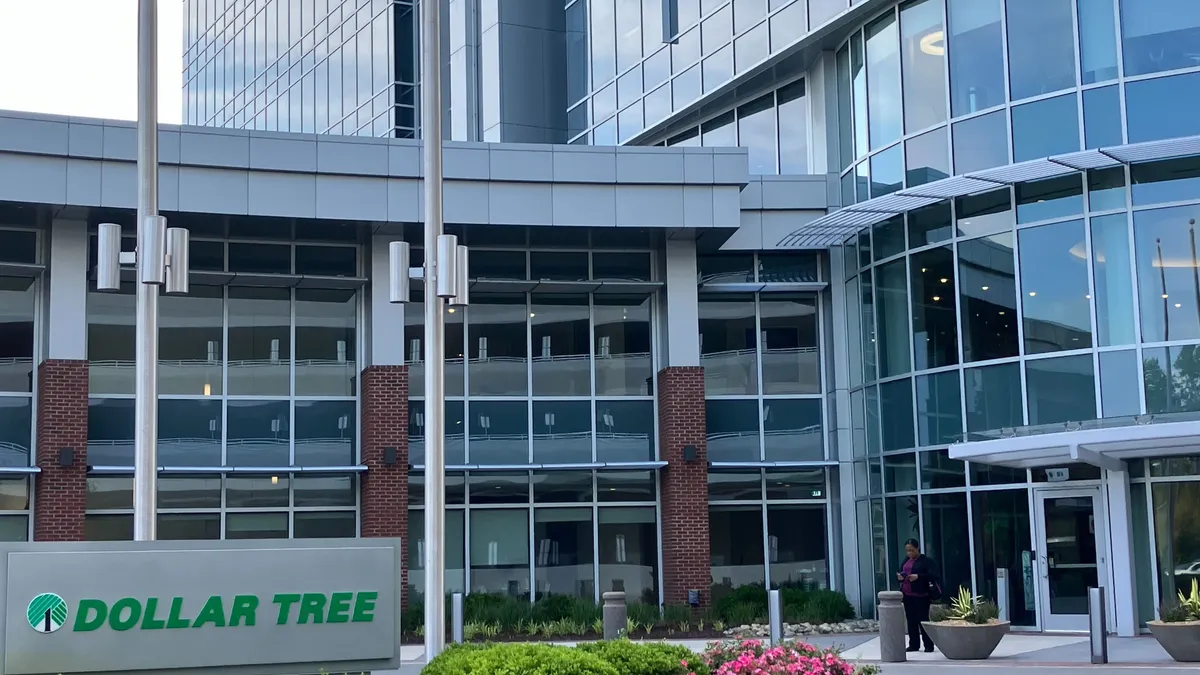The path to the C-suite has never been clearer for supply chain managers, but the changing trends that unveiled the value of the profession have also riddled a new set of obstacles for workers with boardroom ambitions.
There’s no doubt in APICS CEO Abe Eshkenazi’s mind supply chain managers have always had a bright future in corporate politics.
“There’s only two functions that are in an organization that have to know everything that goes on,” Eshkenazi told Supply Chain Dive. “The first one is finance ... The other is supply chain.”
But if supply chain is so important to today’s business, why are Chief Supply Chain Officers – or the like – considered unicorns in the corporate world?
Supply chain’s rise to fame
Even before the rise of e-commerce, corporate behemoths were differentiating their business models through the value chain.
Henry Ford’s assembly line was a stepping stone for the pivotal lean supply chain strategies invented by Toyota. Sam Walton’s focus on low prices set the stage for the bulk purchasing practices many retailers employ today. And of course, it was Amazon’s logistics expertise that helped it begin today’s consumer-driven retail apocalypse.
Yet, before the dot-com boom, supply chain academic programs teaching core skills were scarce. As a result, Eshkenazi said, many of the individuals who were hired for supply chain roles were functionally trained – in finance, engineering and various other roles.
“And that was OK for about 10 to 15 years,” he said. In recent years, though, the profession has emerged as a revenue driver and hotbed for leaders – and with that realization, the need for education also grew.
The CSCO is like a unicorn.

Abe Eshkenazi
CEO, APICS
“Around 2005/2006, we started to see a significant change in the marketplace,” he added. Supply chain had become a differentiator within company’s strategic initiatives, rather than solely an actor within cost and efficiency drives.
In the ten years that followed, supply chain executives like Tim Cook of Apple, Mary Barra of General Motors and Brian Krzanich of Intel became CEOs.
“The CSCO is like a unicorn,” he later told Supply Chain Dive. “Those that are out there are really trail blazing.”
However, the explosion of Chief Supply Chain Officers has yet to arrive.
“We’re not seeing (C-suite professionals) at the level we had anticipated because it’s just not gaining traction in terms of a career path for a lot of the individuals,” Eshkenazi lamented.
What is the supply chain manager missing?
The focus of the supply chain professional has shifted dramatically in the past twenty years, as network shifts give way to a need for advanced management.
This has created a mismatch in what is perceived as supply chain jobs, and what professionals actually do.
“Demands on the supply chain professional used to be only back room; now they’re being moved into the front room and evaluating customer demands, production times (and) speed to customer delivery,” Eshkenazi said.
As a result, Eshkenazi argues training must focus on creating supply chain leaders, not just technical and subject matter experts. “Transcending the individual from the subject matter expert into a strategic leader for an organization has become a significant challenge,” he says, because many professionals “weren’t trained in those concepts.”
In fact, a quick look at universities today reveals questions still abound as to what skills professionals need for supply chain excellence. Some colleges place supply chain courses under operations, while others couple it with information systems, logistics or marketing.
Academic programs have yet to reach a consensus on what skills supply chain majors should have.
|
Institution |
Department |
|---|---|
|
Michigan State University |
Department of Supply Chain Management |
|
University of Tennessee |
Department of Marketing & Supply Chain Management |
|
Arizona State University |
Department of Supply Chain Management |
|
Penn State |
Supply Chain and Information Systems Department |
|
Ohio State |
Department of Marketing and Logistics |
|
Carnegie Mellon |
Operations Management |
|
Purdue |
Supply Chain and Operations Management |
|
University of Pennsylvania |
Operations, Information and Decisions Department |
|
University of Maryland |
Logistics, Business & Public Policy Department |
This is because, at the end of the day, what the supply chain manager is responsible for still depends largely on the company that is hiring.
A logistics provider will seek to solve different value chain problems than a retailer or even a consumer brand. What is certain, however, is that all types of companies are in high need of industry professionals.
“A lot of the supply chain programs, because of the demand of the talent shortage that we have, really don’t have to do a lot other than give them a baccalaureate degree in supply chain and they’re going to get hired,” Eshkenazi said.
Yet the vast variance in the profession’s roles does not mean companies cannot focus on training a few core skills to ensure recruits and veterans adapt to shifting responsibilities.
“This is where APICS and other certifications come in to prepare these individuals,” he added.
Today’s leaders must embrace workforce development
As the profession changes from valuing an internal focus to a consumer focus, industry leaders should apply the same process-improvement skills to new problems.
“(Process improvement) requires a coordinated approach within the organization that recognizes creating an efficient supply chain,” he said. “The supply chain professional has that knowledge.”
Eshkenazi outlined three pillars for future executives to hone in on:
- Focus: An internal and external perspective – Building an agile and responsive supply chain requires not just a focus on cost, but also reliability, on-time performance and responsiveness.
- Organization: A look across the entire enterprise – Supply chain managers work with sales, finance, R&D and customer support, allowing them to bring teams together to solve business problems.
- Individual: Embracing workforce development – Companies are playing a much bigger role in professional development. To move beyond technical competency, professionals must embrace these opportunities to gain advance management skills.
All in all, Eshkenazi paints himself optimistic in 2018. “I think the demands on these individuals (is increasing),” he told Supply Chain Dive, and that will bring a larger focus on the competencies necessary to succeed.























